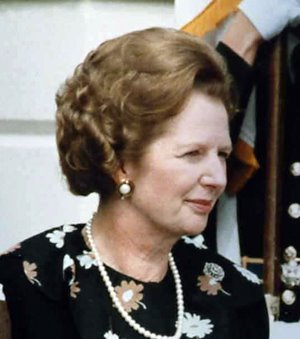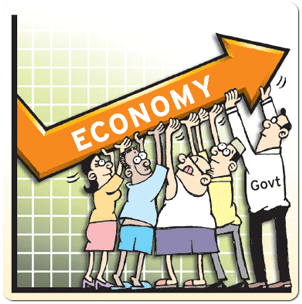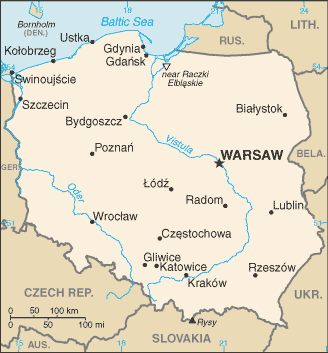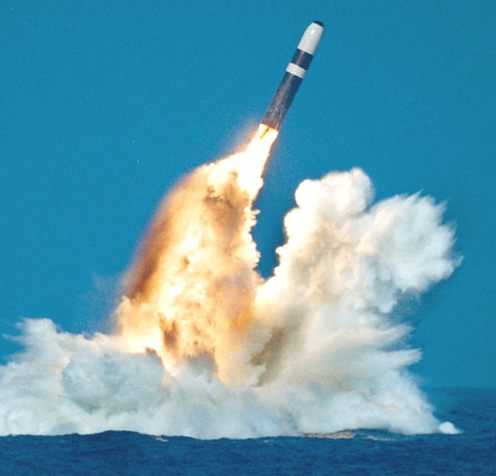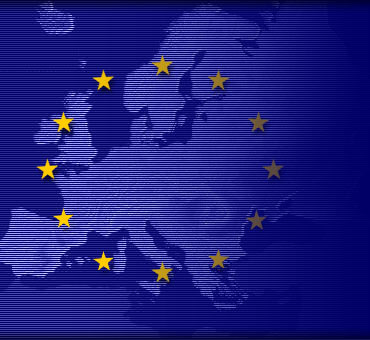 On the European Community Relations 1987 – 1990
On the European Community Relations 1987 – 1990
Thatcher was beginning to see the harmful features of the European community in her second term. Thatcher feared the re-emergence of the Franco-German axis, inclinations towards bureaucratic solutions, and the EU’s ambition for power, a protectionist agenda and covert federalism. The German reunification made the Franco-German axis more lopsided: German dominance was certain. State interventionism in the Christian Democratic government disturbed Thatcher. She feared the corporatism of the EU. Thatcher was blamed for Brussels failures.
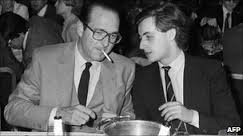 M. Chirac called Thatcher a ‘bitch’. Chirac had made the Gaullists a right-of-centre party committed to free enterprise. Chirac and Mitterrand were torn in France. Neither wanted to risk the agricultural vote as they vyied for the Presidency of France. The French election campaign put the rivalry in full swing. Thatcher noted that neither could be seen in the same room together. Mitterrand won the election and the disputes were over (1988); the EU could continue to function somewhat. They agreed on a 1.3% GNP for Community resources. Thatcher wanted effective and legally binding controls on expenditure, measures to reduce agricultural surpluses in which automatic price cuts were the principle weapon and make sure that Britain’s rebate, which had saved Britain 3 billion pounds in the past three years would be secure.
M. Chirac called Thatcher a ‘bitch’. Chirac had made the Gaullists a right-of-centre party committed to free enterprise. Chirac and Mitterrand were torn in France. Neither wanted to risk the agricultural vote as they vyied for the Presidency of France. The French election campaign put the rivalry in full swing. Thatcher noted that neither could be seen in the same room together. Mitterrand won the election and the disputes were over (1988); the EU could continue to function somewhat. They agreed on a 1.3% GNP for Community resources. Thatcher wanted effective and legally binding controls on expenditure, measures to reduce agricultural surpluses in which automatic price cuts were the principle weapon and make sure that Britain’s rebate, which had saved Britain 3 billion pounds in the past three years would be secure.
Thatcher was extremely sceptical about giving Brussels control over the British currency. The EMU (economic and monetary union), Central Bank and other centralizing tendencies in the EU were unsavoury to Thatcher. Then Thatcher gave her Bruges Speech. Thatcher’s speech clearly slowed the process of integration. She felt that Jacque Delor stopped being a functionary (bureaucrat) and became a political spokesman for federalism.
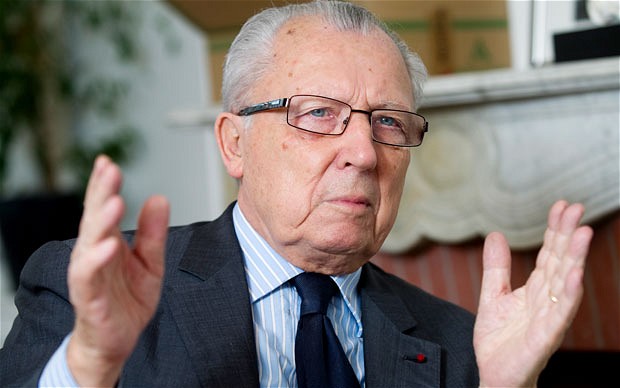 The blurring of these roles is common on the continent. Scepticism was high in Thatcher mind. She had to ask if the British democracy, parliamentary sovereignty, common law, our traditional sense of fairness, our ability to run our own affairs in our own way might be subordinated to the demands of a remote European bureaucracy, resting on very different traditions? Thatcher despised the European ideal. Thatcher found it ironic that despite the suffering of the Eastern European countries, West Germany etc insisted on centralization. Thatcher rejected the idea of a “European super-state exercising a new dominance for Brussels. Willing and active cooperation between independent sovereign states is the best way to build a successful European community. Thatcher warned of the EU replacing NATO. Thatcher believed in a family of nations not one homogenising nation. Thatcher highlights the negatives of EU members such as Germany, France and Greece (with its financial scandal).
The blurring of these roles is common on the continent. Scepticism was high in Thatcher mind. She had to ask if the British democracy, parliamentary sovereignty, common law, our traditional sense of fairness, our ability to run our own affairs in our own way might be subordinated to the demands of a remote European bureaucracy, resting on very different traditions? Thatcher despised the European ideal. Thatcher found it ironic that despite the suffering of the Eastern European countries, West Germany etc insisted on centralization. Thatcher rejected the idea of a “European super-state exercising a new dominance for Brussels. Willing and active cooperation between independent sovereign states is the best way to build a successful European community. Thatcher warned of the EU replacing NATO. Thatcher believed in a family of nations not one homogenising nation. Thatcher highlights the negatives of EU members such as Germany, France and Greece (with its financial scandal).
 Thatcher claimed the French Revolution was not as revolutionary at the 1688 Revolution of England. Thatcher was set to attend the 200-year anniversary of the violent, horrible revolution, which led to Napoleonic rule and further suffering in Europe. Thatcher genuinely claimed that the French Revolution was nothing to celebrate really. Human rights were not developed by the French, she told a French newspaper. She also handed Mitterrand a copy of the A Tale of Two Cities because it explained her point most clearly.
Thatcher claimed the French Revolution was not as revolutionary at the 1688 Revolution of England. Thatcher was set to attend the 200-year anniversary of the violent, horrible revolution, which led to Napoleonic rule and further suffering in Europe. Thatcher genuinely claimed that the French Revolution was nothing to celebrate really. Human rights were not developed by the French, she told a French newspaper. She also handed Mitterrand a copy of the A Tale of Two Cities because it explained her point most clearly.
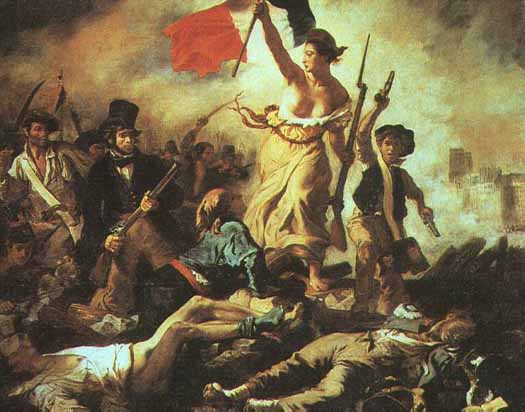 Thatcher explains the Franco-German axis as a rising serpent destined to destroy England. Thatcher emphasizes that political union is now envisaged alongside monetary union. Behind political union lies with the Franco-German axis. They envisage a stronger European Council with more majority voting: but they did not want to see the powers of the Commission or the European Parliament increased. The French were federalist on grounds of tactics rather than conviction. The Germans wanted political union for different reasons and by different means. For the Germans, the price of quick reunification with East Germany on their own terms and with all the benefits which would come through Community membership (Germany would not behave like Hitler’s or Bismarck’s Old Germany). Germans were federalists by conviction while the French were senior partners: Germany was dominant. Thatcher is opposed to political union of either kind. Political union in a European Parliament must not mean the reduction of the role of NATO. Thatcher rejected Delors view of a federal Europe in which the European Parliament would be the Community’s House of Representatives, the Commission its Executive, and the Council of Ministers its Senate. “No, no, no,’ said Thatcher in the House of Commons.
Thatcher explains the Franco-German axis as a rising serpent destined to destroy England. Thatcher emphasizes that political union is now envisaged alongside monetary union. Behind political union lies with the Franco-German axis. They envisage a stronger European Council with more majority voting: but they did not want to see the powers of the Commission or the European Parliament increased. The French were federalist on grounds of tactics rather than conviction. The Germans wanted political union for different reasons and by different means. For the Germans, the price of quick reunification with East Germany on their own terms and with all the benefits which would come through Community membership (Germany would not behave like Hitler’s or Bismarck’s Old Germany). Germans were federalists by conviction while the French were senior partners: Germany was dominant. Thatcher is opposed to political union of either kind. Political union in a European Parliament must not mean the reduction of the role of NATO. Thatcher rejected Delors view of a federal Europe in which the European Parliament would be the Community’s House of Representatives, the Commission its Executive, and the Council of Ministers its Senate. “No, no, no,’ said Thatcher in the House of Commons.

